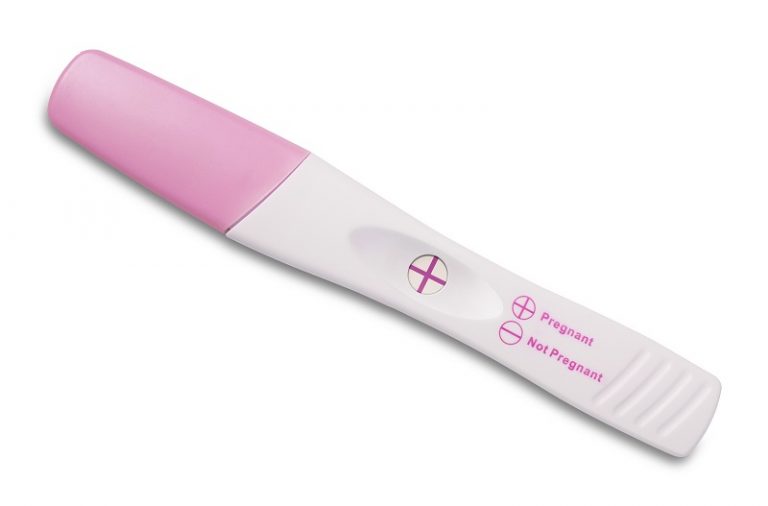Navigating Menopause: Relief Beyond Hormone Therapy

Menopause is a natural life phase, but the symptoms can feel anything but natural. From hot flashes and brain fog to mood swings and sleep disruptions, it can take a serious toll on your daily life.
Understanding the Transition
Menopause officially begins after 12 consecutive months without a period. However, symptoms often start during perimenopause, which can last up to 10 years.
Hormone Therapy: Still an Option
Hormone Replacement Therapy (HRT) is often recommended for moderate to severe symptoms, especially if you’re under 60 or within 10 years of menopause. It can be life-changing when used safely and under medical supervision.
But what if HRT isn’t right for you?
Non-Hormonal Support Strategies
-
Lifestyle changes: Reduce caffeine, increase exercise, and practice good sleep hygiene.
-
Supplements: Black cohosh, magnesium, and ashwagandha may offer relief (but check with your doctor).
-
Mind-body practices: Yoga, meditation, and acupuncture have shown promise for reducing hot flashes and anxiety.
-
Cognitive Behavioral Therapy (CBT): Proven to help manage mood and sleep symptoms.
Menopause is deeply individual. You deserve a care plan that honors your needs and goals.




